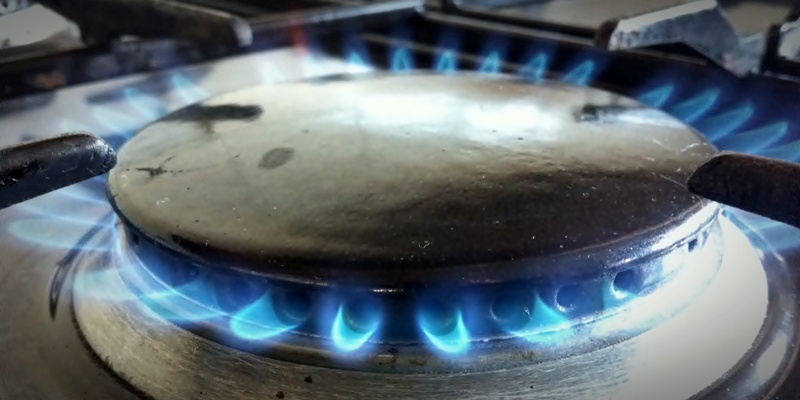Average fuel bills are set to rise by more than £170 a year after ScottishPower opened the floodgates to a new wave of energy price hikes.
The utilities giant announced its gas tariffs will rise by an average of 19% from August 1, with electricity going up by 10% on the same date. The increases, which will impact on 2.4 million households across the UK, are expected to add £173 to the average annual dual fuel bill.
The move, which is expected to be followed by other suppliers, provoked an angry reaction from the Scottish Government.
“Time and again the Scottish Government’s efforts to lift people out of fuel poverty are being undermined by high fuel prices,” said a spokesman. “Energy companies choose to pass price fluctuations on in full to the consumer, meaning that those least able to do so are the ones bearing the full brunt.
“It’s time (energy regulator) Ofgem woke up to this significant issue and looked at why the energy companies are not doing more to manage and mitigate more of the effects of price volatility.”
But ScottishPower insisted the move is needed in the wake of a 30% rise in wholesale supply costs since November.
Raymond Jack, the company’s UK retail director, said, “Wholesale prices for gas and electricity have increased significantly since the end of last year and continuing unrest in global energy markets means future prices are volatile.
“We understand times are difficult for many people, and we have done what we can to absorb these additional costs for as long as possible to minimise the impact on our customers.”
But there was condemnation from charities, welfare organisations and politicians.
Scottish Labour leader Iain Gray urged the Scottish Government to “get its act together” to help those most vulnerable to the price spike. He added, “Fuel prices can go up by 10% or 20% but pensions won’t rise in line with this.”
SNP Westminster energy spokesman Mike Weir said, “Soaring prices are particularly hard to swallow when Scotland is such an energy-rich country yet faces steep rises in prices. We must have a top-level review of the domestic and international energy market.”‘Domino effect’Lib Dem energy spokesman Liam McArthur said ScottishPower’s increased charges would lead to a “domino effect” as other energy companies make similar announcements.
Citizens Advice Scotland chief executive Lucy McTernan agreed the announcement would encourage other firms to follow suit.
“The regulators, Ofgem, have made clear that they are unhappy with the way the fuel companies are behaving,” she added. “It is time for government to take a serious look at this issue and take whatever action is required to ensure that Scottish consumers get fair treatment.”
Shelter Scotland’s Gordon MacRae said prices cannot keep going up, adding, “Something’s got to give. Either the short-term profit margins of utility companies or, for families, the choice of heating or eating.”
Fuel poverty charity Energy Action Scotland also reacted with dismay.
Director Norman Kerr said, “Fuel price increases of this magnitude will hit many people hard but those who already have great difficulty in making budgets stretch to cover fuel bills for heating, cooking and hot water will suffer most.
“These high fuel price rises will basically wipe out any benefit to households in fuel poverty of government initiatives such as the warm home discount or other discount schemes on offer from the fuel companies.
“It is time to recognise that being able to heat and power the home to an adequate level at a price that is affordable is an essential part of everyday living and we cannot continue to pile more on to fuel bills and push more people into fuel poverty.”
The tariff hikes mean a dual fuel customer paying by direct debit will see prices rise by £173 to £1206. Customers paying by cash on a quarterly basis will see their annual bill rise by £180 to £1391.
ScottishPower, which is part of Spain’s Iberdrola, said some 700,000 of its customers would be protected from the price rises through capped or fixed price deals.
Ofgem recently called for the industry to be overhauled after it found that the “big six” companies had put up prices more quickly than they reduced them when costs fell. It has also ordered energy companies to give its customers a minimum of 30 days’ notice before putting bills up.
All of the big six companies hiked prices over the winter and the Bank of England has already said it expects fuel bills to rise by as much as 15% this year.
